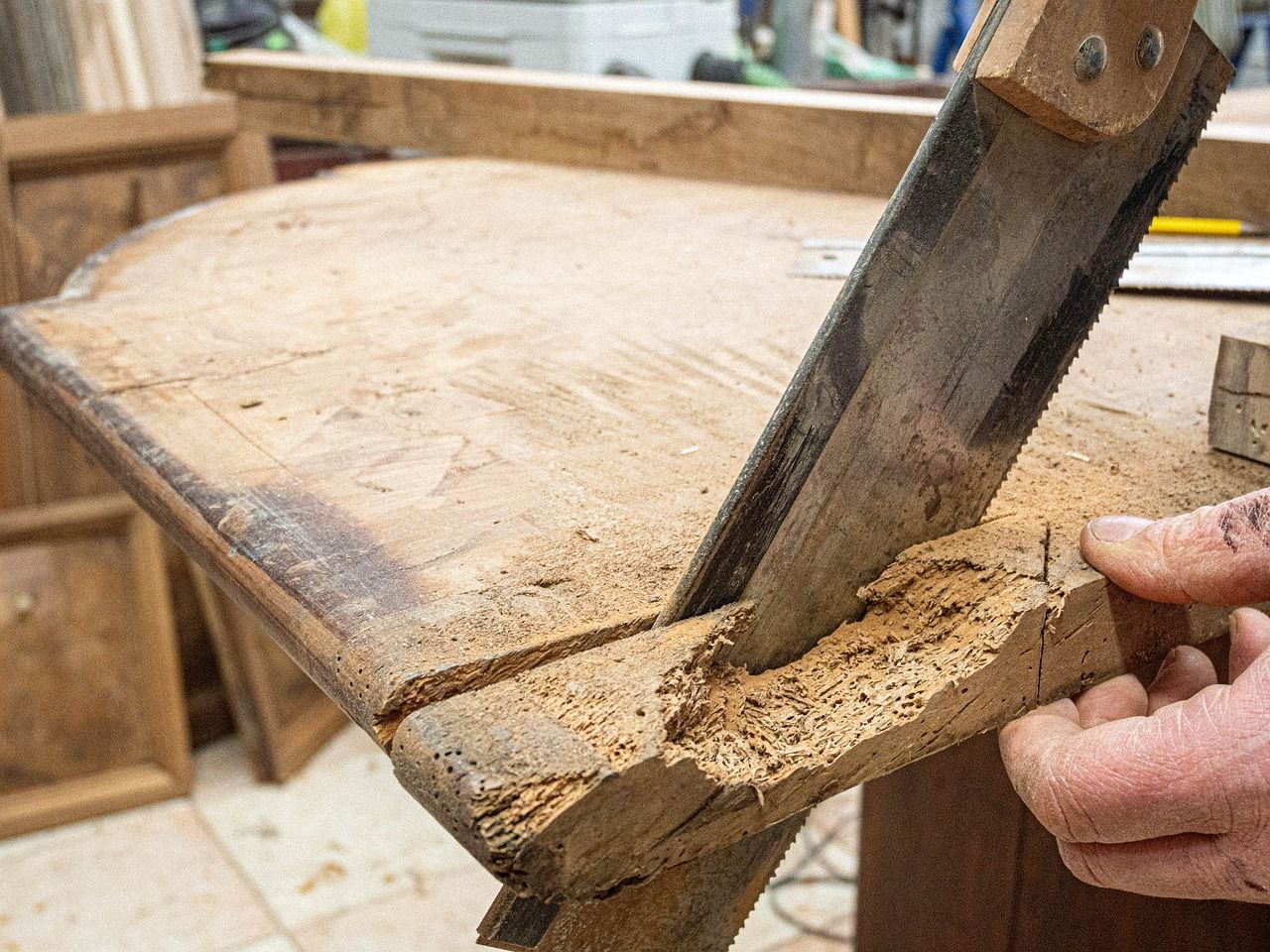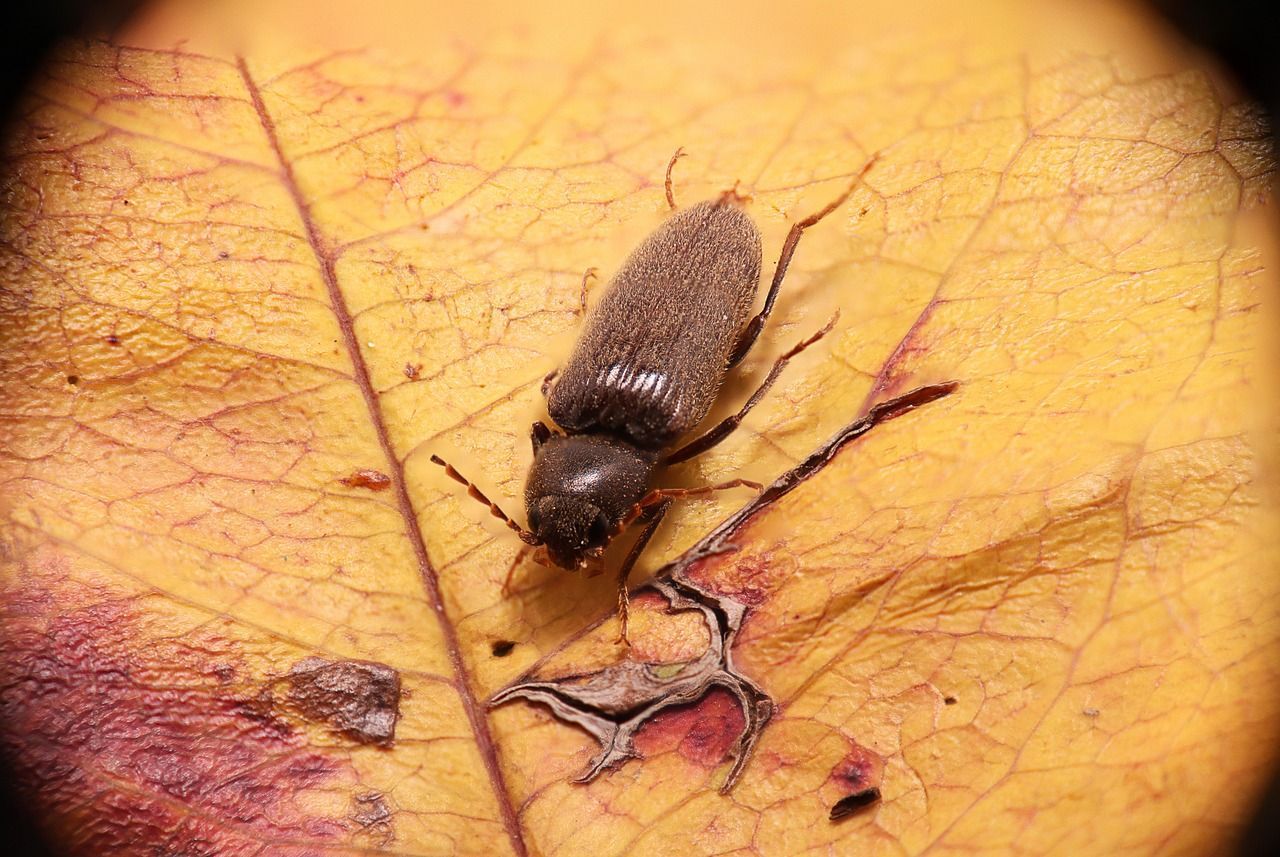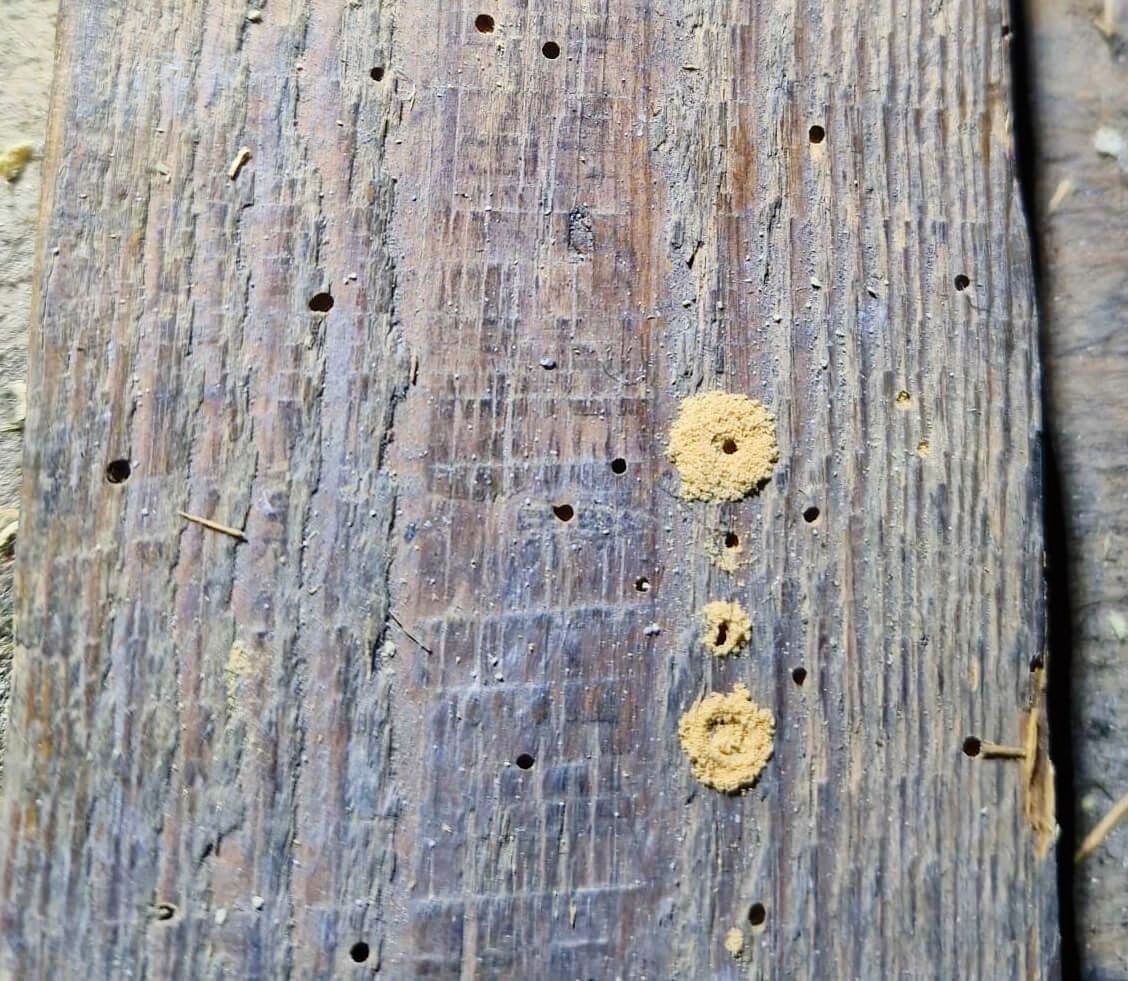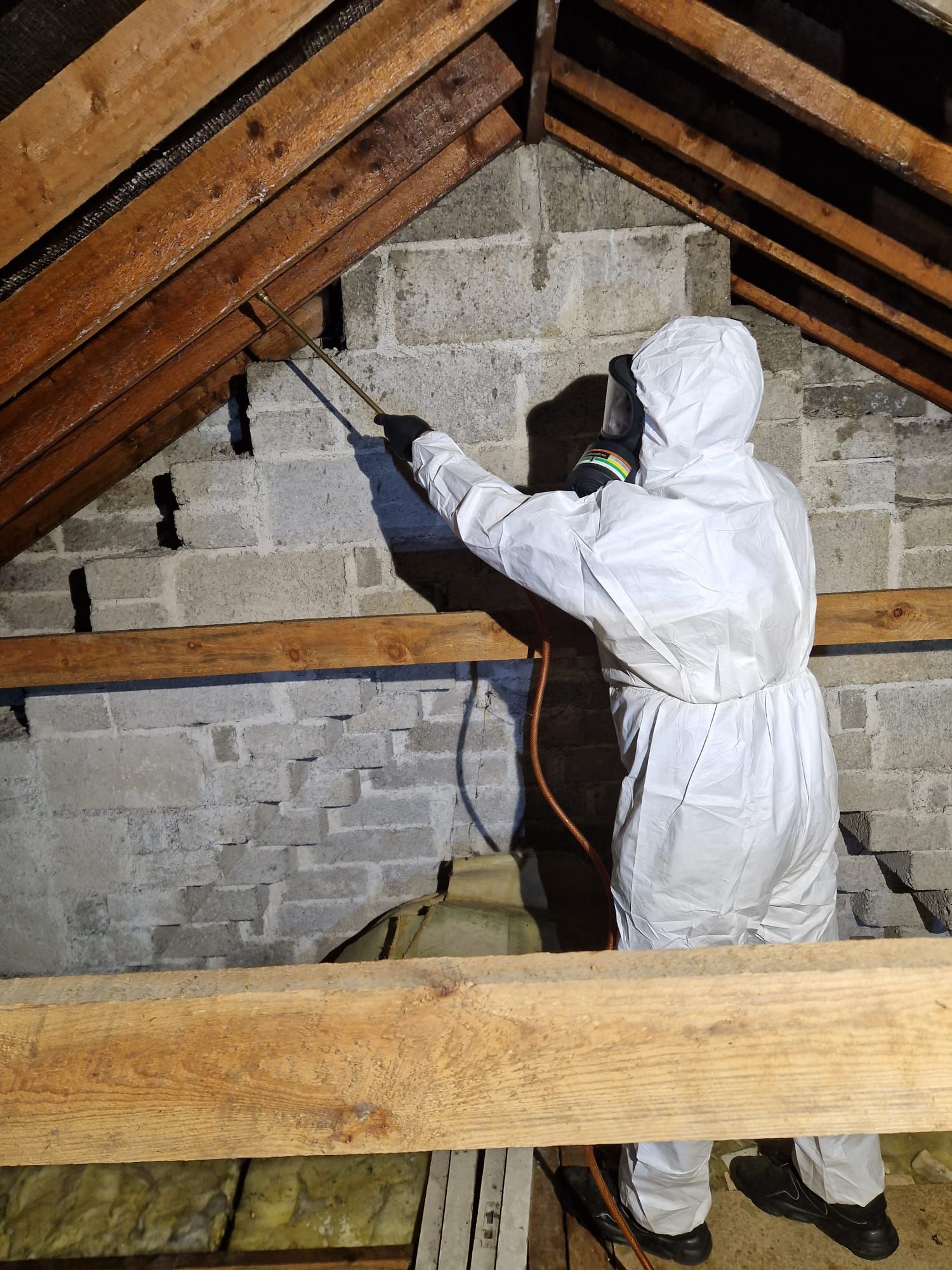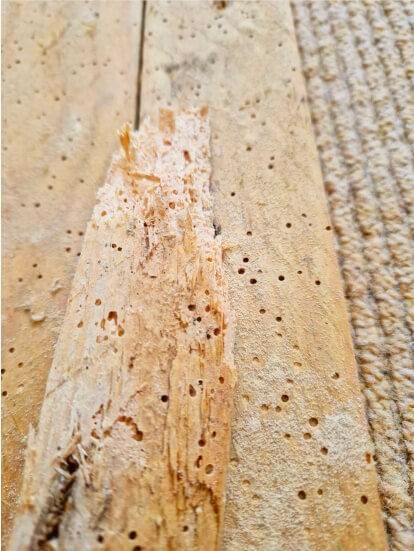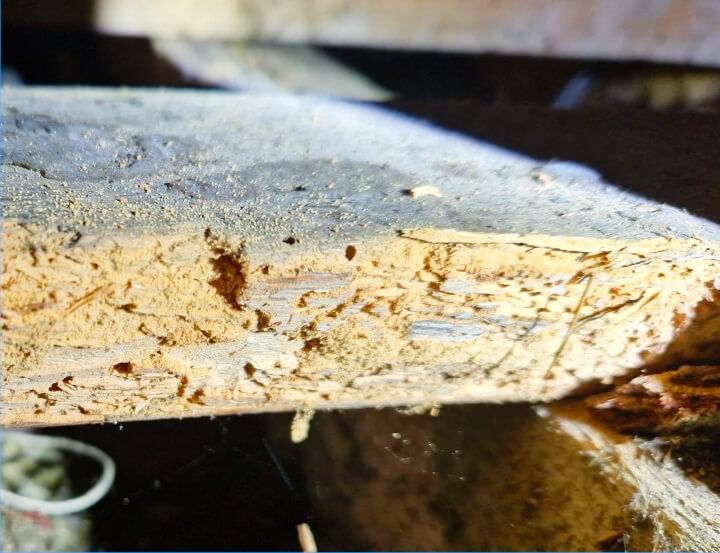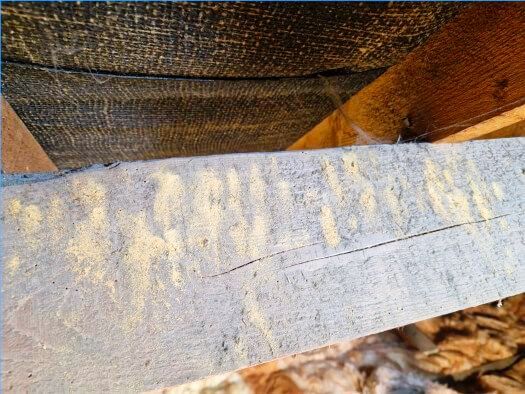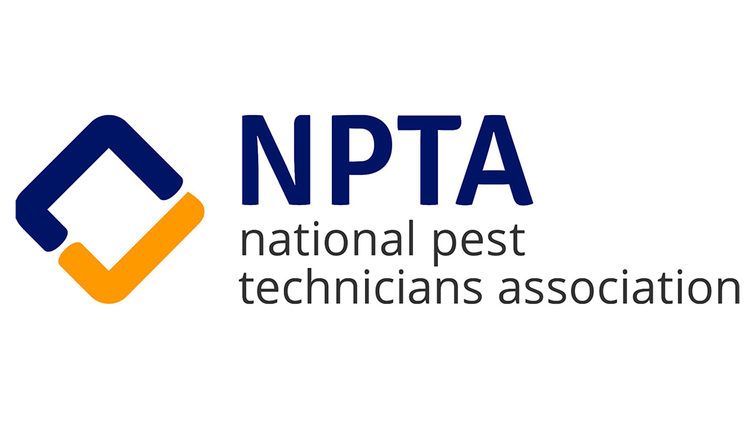Woodworm, Wasps, and Climate Change
The recent publication of the 6th IPCC report has made it clear that climate change is coming, and while there are things that can be done to reduce it, we are almost certainly going to be dealing with a warmer climate in the near future. And in Ireland, that also means a wetter and windier climate too, which makes a difference in the presence of all kinds of pests. Woodworm and wasps in climate change are of particular interest to us.
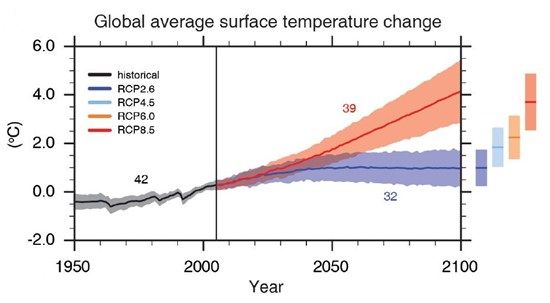
The expectation is that we’ll see periods of heavier rainfall – possibly more concentrated than we’re used to – often followed by warm, dry periods. These are ideal conditions for dry rot, and other weakening effects on timber, which give the various woodworm beetles an opportunity to dig in. And of course, the warmer periods are ideal conditions for most insects anyway. It’s very difficult to estimate how much more woodworm we’ll see in the coming decades, but it’s almost certain to increase from the current levels. It’ll be very important to keep a close eye on timbers in your house, sheds, and furniture, as the more beneficial conditions for the insects mean they can become infested much more quickly.
Among other pests, wasps in climate change will also benefit greatly from warmer weather. Researchers in the UK and New Zealand have done work to find out exactly what kind of weather encourages them most, and it turns out that warm, dry springs are most effective – these are the conditions in which the over-wintering queen wasps emerge with the most energy, and can get their new broods going fastest. There’s also evidence to suggest that a year with a lot of wasps is almost inevitably followed by a year with very few – but that does depend on data from the last forty years, which can’t really be depended upon when things are changing. The best guess at the moment is that the average year in the next twenty or so will have about the same level of wasps, but that there will be fewer years with low wasp numbers, and unfortunately, the years in which the wasp populations are high will feature very large numbers – once conditions are good for them, they’ll reproduce quickly.
Because of this, it’ll be worthwhile being extra vigilant about wasps and other pests in springtime, as nests may expand very quickly. Anytime from late February onward, in a warm spring, check likely spots – sheds, porches, the sheltered eaves of houses, barns, and so on – on a weekly basis, and make a call to us to if you spot any size of wasp nest. It’s easier, quicker and cheaper to deal with them while they’re small! For a FREE quotation and advice – call us 015037787
You might also like
